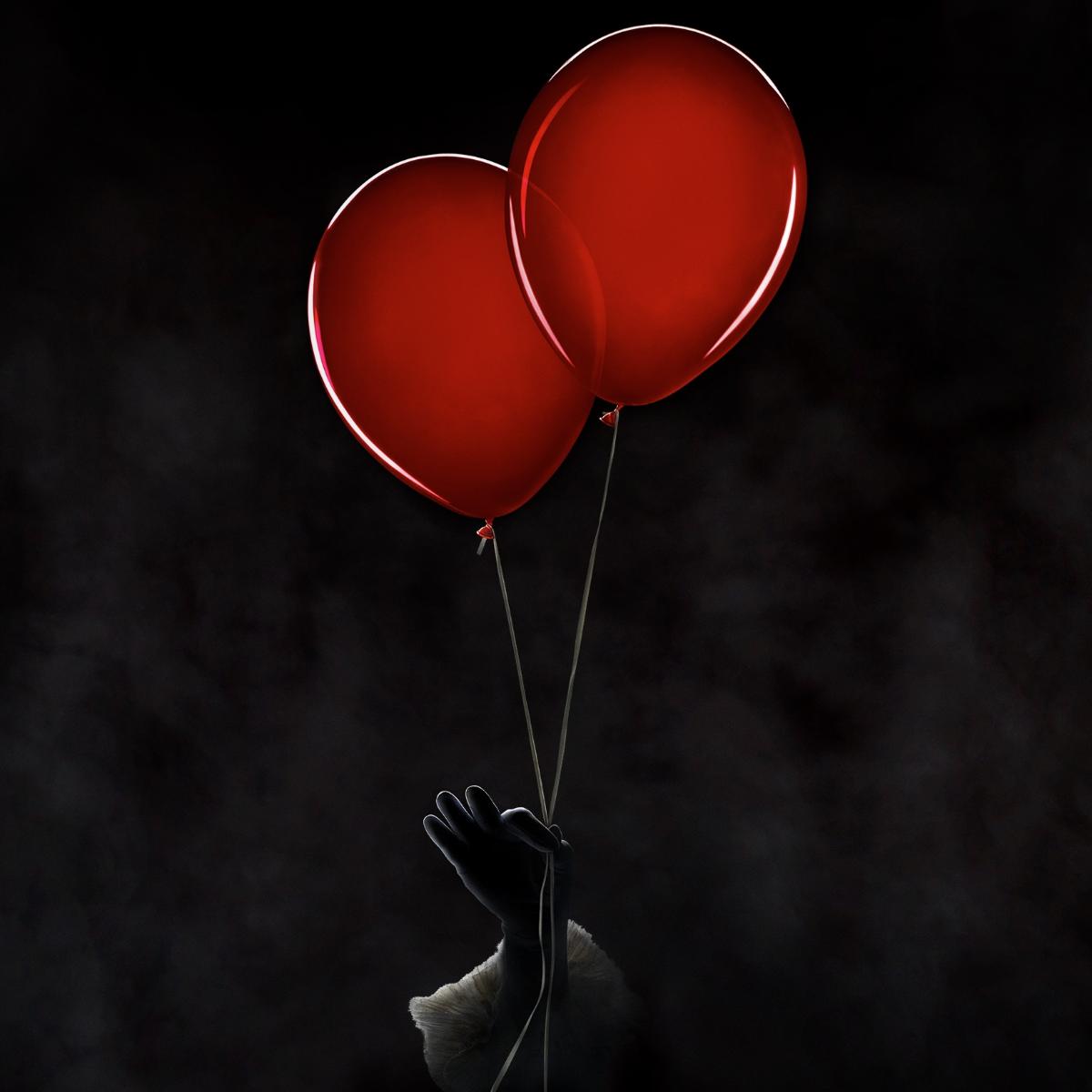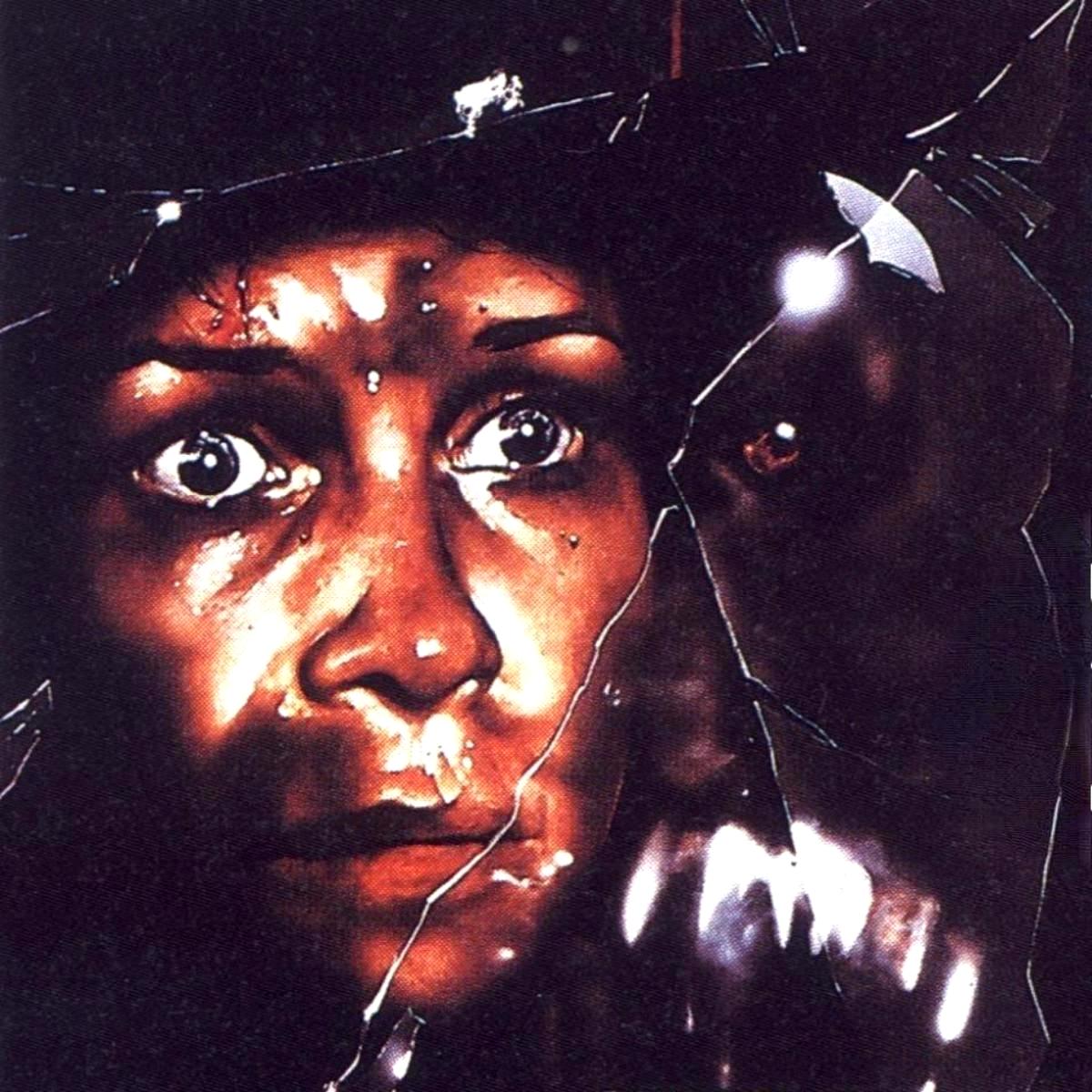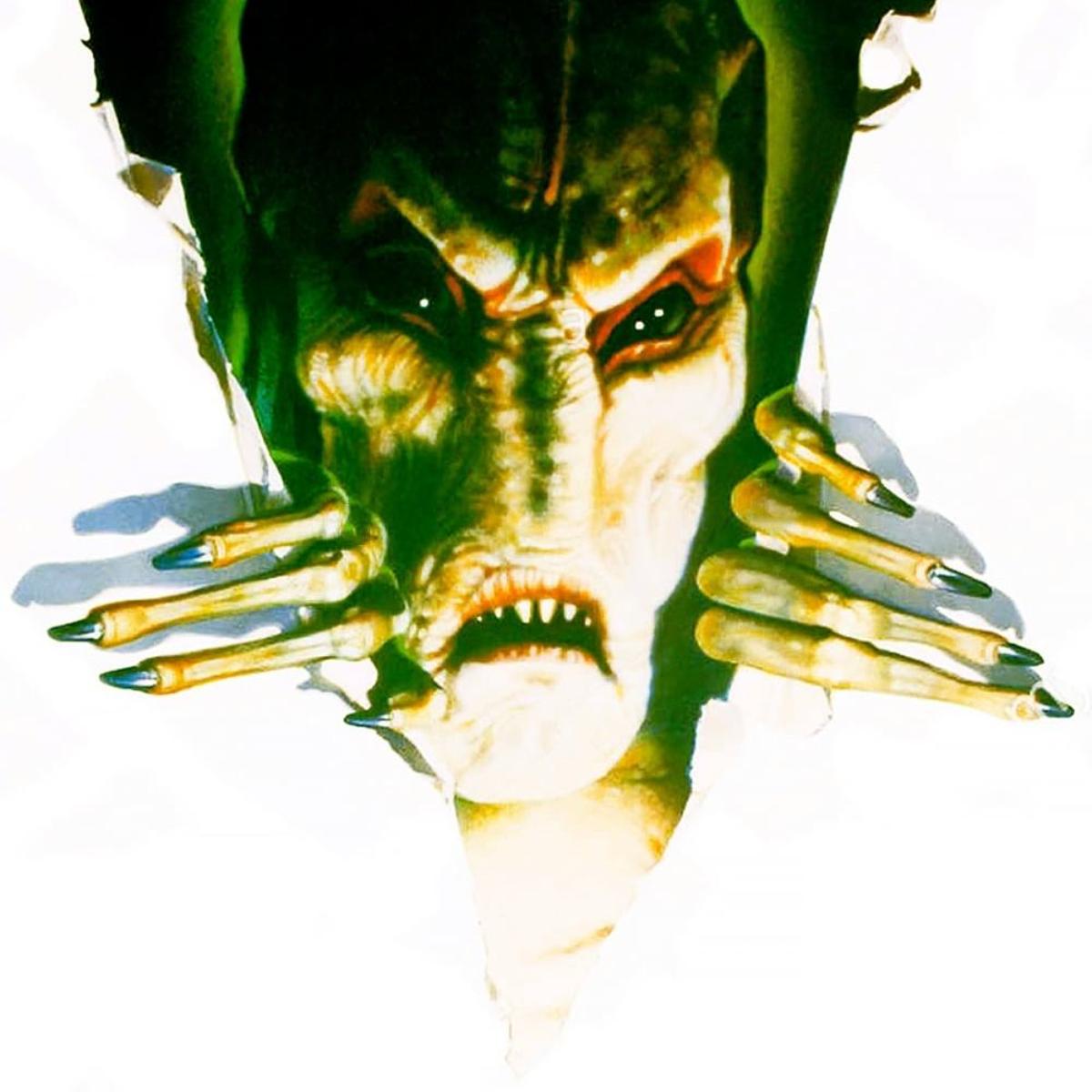The real Captain Sparrow.
There’s something divided about The Dark Half, and not just in its plot. The film is haunted by the spectre of the book as surely as Thad is haunted by his alter ego. Horror veteran George A Romero’s adaptation shadows Stephen King’s novel closely, sometimes so closely it threatens to disappear into its outline. But where the novel spirals inward, disturbed by its own implications, the film looks outward, searching for ways to shape those ideas into flesh. What emerges is familiar, even faithful, but not entirely whole.
Thad Beaumont (Timothy Hutton) has made a name for himself writing respectable literary fiction, but his real money comes from George Stark, a pseudonym who pens blood-soaked thrillers with alarming ease. But when the truth threatens to come out, Thad publicly “kills off” Stark with a mock burial and a sigh of relief. Unfortunately, something takes that burial rather personally. George Stark doesn’t just refuse to die, he decides to live, digging his way back into existence determined to settle the score.
Timothy Hutton does the heavy lifting here, and not just in the dual-role department. As Thad Beaumont, he’s all academic nerves and decency on the brink, while his shadow self, George Stark, is pure sleaze cliche: slicked-back hair, black leather coat, and a snarling malice that stops just short of tipping over into camp. Hutton makes it work, even when the film around him starts to fray at the conceptual seams. Romero leans in hard on the idea of Stark as a real, flesh-and-blood killer, but the more concrete the threat becomes, the more abstract the meaning gets. King’s book thrived in ambiguity: was Stark a psychic tumour, a telepathic fugue state, or something metaphysically foul? The film shrugs and hands him a switchblade.
Not that Romero’s by any means phoning it in. After all, he made his name bringing people back from the dead so why not a fictional alter-ego? The eye-in-the-brain opening is justifiably infamous, as grotesquely brilliant as anything he ever committed to film, and for a brief moment it suggests that Romero’s might be about to add a level of gloopy goriness that King adaptations tend to avoid but then the film settles into more familiar rhythm, too polite to really bare its teeth. Not that there aren’t flickers of electricity. Amy Madigan brings a refreshing steeliness to Liz Beaumont, and Michael Rooker’s Sheriff Pangborn gives the mostly off-duty cop a world-weary air that honours his multiple appearances in the King canon as the sheriff of nearby Castle Rock. Stark’s slow disintegration is nicely gruesome too, a walking metaphor for creative burnout, if creative burnout also carried a straight razor and a chip on its shoulder.
Romero directs with an earnestness that borders on studious, favouring mood and structure over cheap thrills which, might sound surprising from the godfather of the undead, but this was a project steeped in personal loyalty. His friendship with King pre-dated the production, and you can feel the respect in every frame. Not reverence exactly, but a kind of determination to do the material justice. It doesn’t always land, but there’s something compelling about a horror film that tries to think before it slashes, and even when it misfires, there’s an unmistakable seriousness of purpose that keeps it from slipping into ridiculousness.
It’s tempting to say The Dark Half doesn’t quite come alive, but that’s only half-true. It lives, just not in the way the novel did. If King’s story was the bad dream of a writer afraid of his own talent, the film is what happens when that dream is pressed into celluloid and the projector lights up The Dark Half for the big screen.











